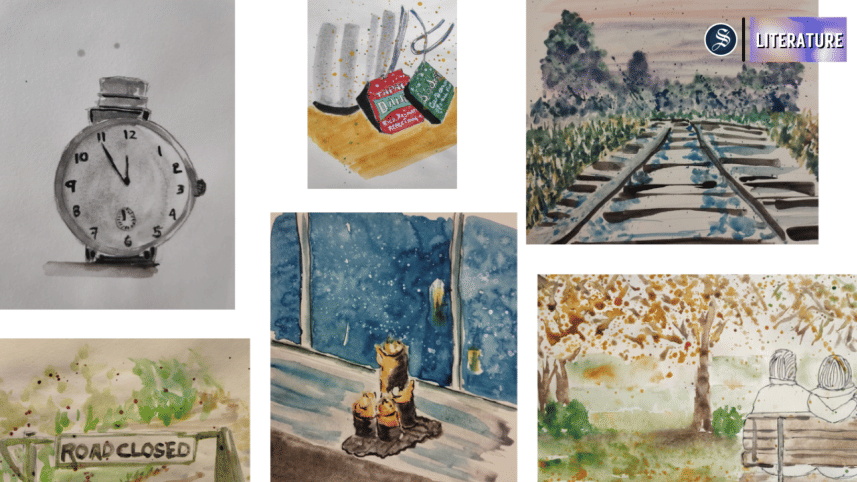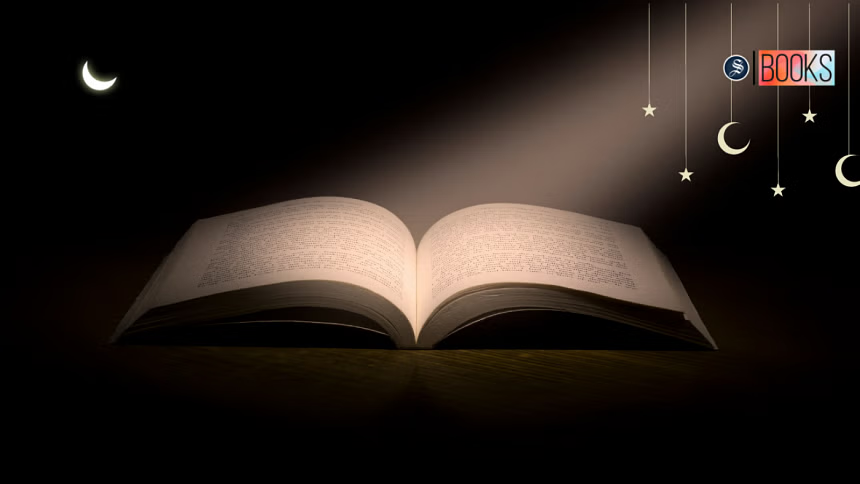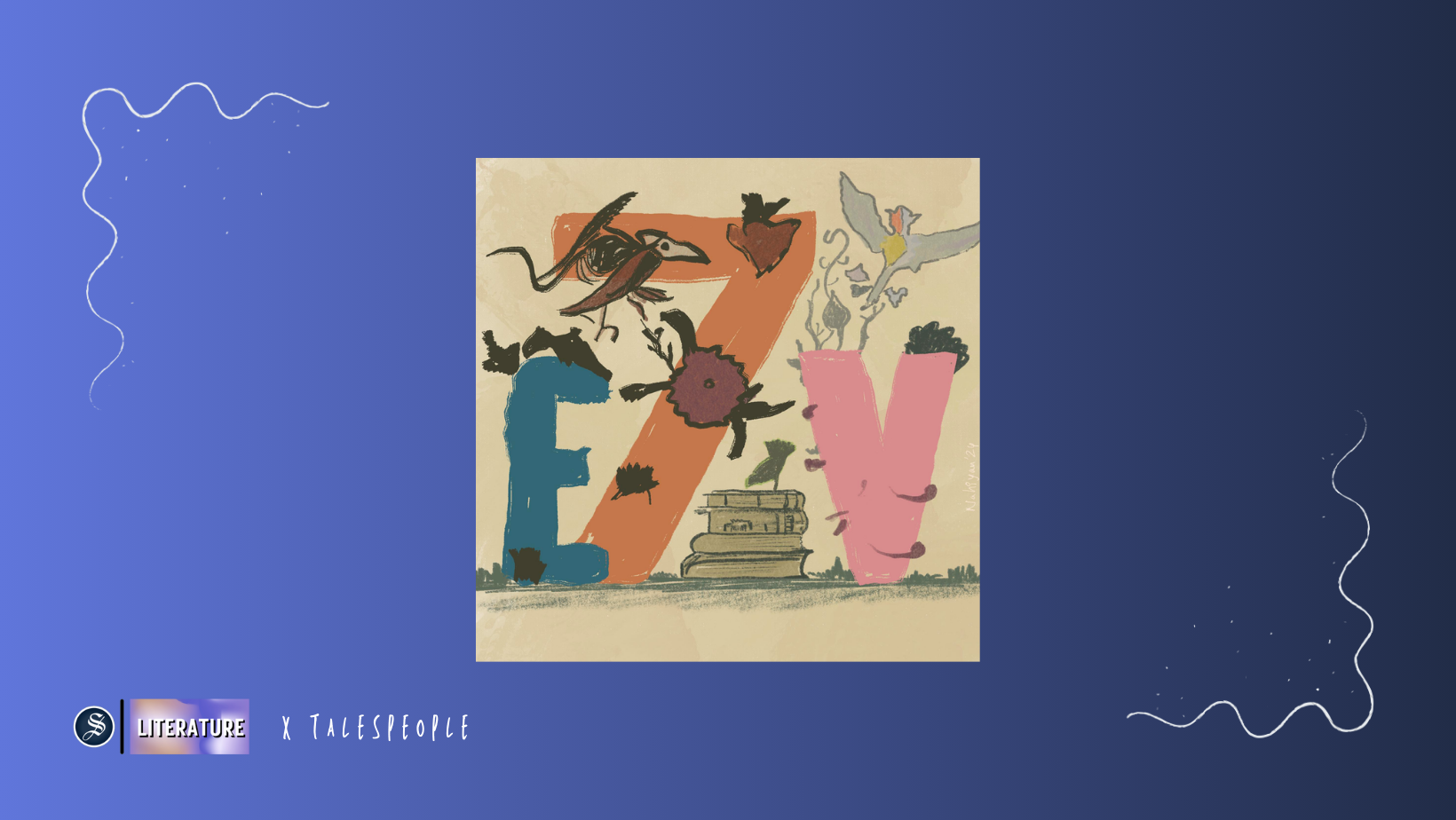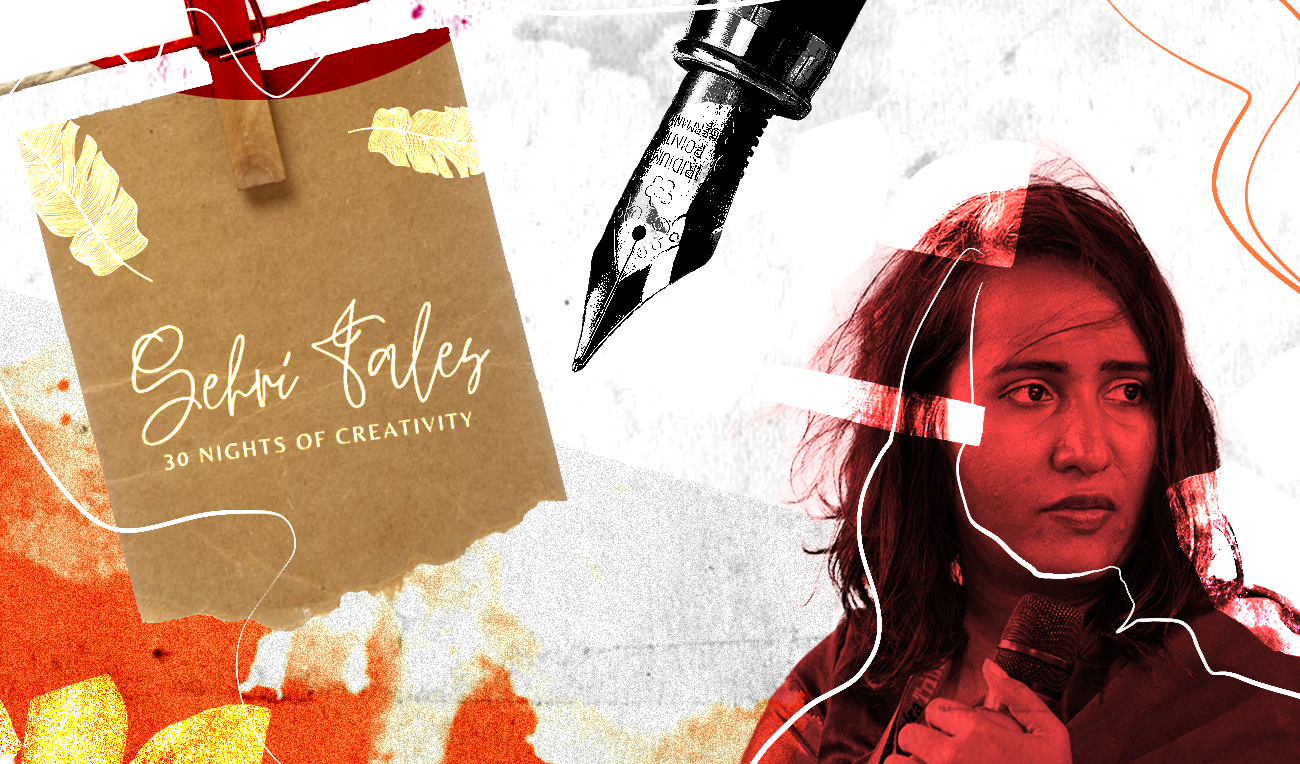Of Ramzans past

The vanilla cake with smooth cream frosting was sitting pretty in the fridge. I imagined it had a note attached that said, "Eat me." I didn't want to grow tall like Alice in Wonderland. All I wanted was to bite into the layered vanilla cake. What came between my less-than-ten-year-old self and the cake was that I was fasting. It was my Mom's birthday and the cake had to wait until the Iftar (the evening meal in Ramzan). But Fortune stepped in in the guise of my cousin, Shabbir. Together with his Mom, he dropped by to wish my Mom. Since the guests were not fasting, they were served the cake. I couldn't tear my eyes away from the scene.
While Mom and my khala were engrossed in conversation (probably about the latest family feud), Shabbir led me to the short and stocky Toshiba fridge ensconced in the corner of our dining room. Aside, this fridge served us for many years and we used to send it to a repair shop called Himagar whenever it gave out a choking sound. Anyway, being more mature in years, my cousin sensed my longing for the cake and had the solution. He opened the fridge door, took out a bottle of chilled water, uncorked it, and asked me to blow my roza into it. With all my might, I blew hard into the bottle and Shabbir quickly put the cork back in to guard my fast while I feasted on the cake. He promised that I could blow my roza back into my system after I was done and that my fast would be intact. I followed his instructions and was a happy child who had just had a generous helping of cake.
I'm pretty sure that no child these days would be so gullible as to think their fast is at their command like a genie in the bottle. Kids are much smarter and more logical now, thanks to the myriad sources of information that abound. We can't fool them easily anymore. One wrong word and out comes the mobile phone and the stubby little fingers typing on Google or YouTube to be instantly gratified with the correct information, and then looking at you with an incriminating look.
Another Ramzan myth we were fed was that if you ate three times a day, these would be counted as three rozas in one day. Parents in those days didn't want young children to fast and that was the best way to assuage them. Ironically, parents nowadays implore their young adult children to fast and say their prayers during Ramzan. Many of these kids are the only child and are missing out on the contagious excitement that siblings or kids from the neighbourhood can bring. And if they fast, they are rewarded with fried chicken or biriyani from an upscale restaurant.
In our home, we looked forward to Iftar, and much pomp and ceremony was attached to it. Our two-roomed flat accommodated all six of us, plus at least two house help at any one time. Instead of Tang, my sisters prepared jugs of lemonade with ice. I helped them lay the table. Bashar Bhai and others in the kitchen would get busy making crispy piyaju. Piyaju, mind you, with onions aplenty, not the soggy stuff full of mashed lentils that pathetically try to pass off as piyaju. Long and thin slices of eggplant were cut and dipped in a besan batter to make fluffy and soft beguni. My mother effortlessly made perfect dahi boras with zero hard bits in the middle. Someone soaked boot or black chana overnight and made a scrumptious and spicy boot bhuna the next day for Iftar. Abba would get ghugni (a chickpea preparation) from Cafe Jheel and thick, syrupy jalebis on his way home from work (yes, that's how he pronounced it—jalebi). The only Iftar bazar at that time was Chawk Bazar in Puran Dhaka. None of the Foodpanda or Bashundhara ICCB Iftar Bazars existed, nor did every restaurant have long tables laid out at the front, serving the same menu. My siblings and I, along with the other family members, were enough to make the environment in our home festive. We all kept absolutely silent as Iftar time drew near, our aural attention at its highest, as nobody wanted to miss the sound of a siren signalling the break of the fast. There weren't too many mosques at that time to blare out the azan in an incongruous cacophony.
Post-Iftar, my father, brother, and any other man in the house would slowly get ready to go to the mosque to offer Taraweeh prayers. Taraweeh, like Sehri and Iftar, is specific to Ramzan; nobody in our childhood thought of skipping it. Everyone wanted to experience all the special moments and rituals of this holy month without raising any questions. We did everything in good faith and nobody was critically judged for anything.
How can I write about Ramzan in my childhood without mentioning our neighbours! From the ever-smiling Naz Aunty who recently passed away, to white-haired Waris Uncle (of Thai Airways), to Hoda Uncle (of Hoda Vasi Chowdhury & Co.) with heavy-framed spectacles, to Azad Chachhu and Chachhi, and many others—Ramzan wouldn't be the same without the camaraderie and warmth our families shared. Iftar goodies in doily-lined trays and covered in napkins were exchanged. Whatever was made at home was shared without thinking twice. Everything was done from the heart.
Cut to several years later, when my father was posted to a Muslim-majority country. We fasted in the summer months and that too while school was open. But we made nothing of it. We were too busy making new friends, playing, learning to ride a bicycle, and studying. Come Iftar time, we quenched our thirst with chilled drinks made with lime juice cordial or Rooh Afza, followed by chunks of honeydew melon. The neighbours used to send us creamy kadhi pakora or chickpeas chaat or long-grain aromatic pulao, and we relished every morsel. An assortment of piyaju and pakoras were made at home with various leafy greens and vegetables.
On the weekends, we piled up in our Toyota Corolla sedan and went to the Twin City. Five of us had to sit in the back seat and I, being the youngest, almost slid down to the car's floor. During the half an hour's drive, Ghalib's ghazals would play in the car stereo in the deep and melodious voice of Jagjit Singh, and my father would translate them for us. Our sole purpose of this drive was to get some choicest jalebis from a hole-in-the-wall shop, aptly called The Grotto. In the evenings, our regular haunt was an open-air mall with a round structure in the middle housing tailor shops and outlets selling gossamer net dupattas, intricately embroidered shoes, glass bangles of all hues imaginable, and bits and baubles for embellishing clothes. This was surrounded by shops selling everything from clothes and shoes to paan, kebabs, french fries, pink Kashmiri chai, books new and old, and beautiful jewellery. But the main attraction for us was the looping driveway leading into the market, passing by all the shops, taking the exit, and coming back to the entrance. We would cruise around, stop to get Polka ice cream, browse in a bookshop, or just sit and exchange glances with dashing strangers—regular activities of teenagers in our time. Screen time in those days meant watching TV with the family in my parents' bedroom.
Thirty-odd years later, in my two-member home, I try to recreate the Ramzan vibes with overpriced and undersized lamps and lanterns sporting star and crescent motifs. I turn on the TV to a channel broadcasting a live Ramzan program and pretend I'm back in my teenage years. There's no sound of chopping or frying as it's healthier to have regular meals. Fritters and other gastronomic indulgences are kept for weekends only. My craving for dahi boras is more than adequately served by Chachi's Chawk. When we go out, the back seat of the car is empty. I exchange glances with my reflection in the side-view mirror and as we drive away; I see my wonder years receding farther into the unreachable distance.
Zertab Quaderi is on a literary journey and hopes it can make better sense of herself and the world.



 For all latest news, follow The Daily Star's Google News channel.
For all latest news, follow The Daily Star's Google News channel. 


Comments